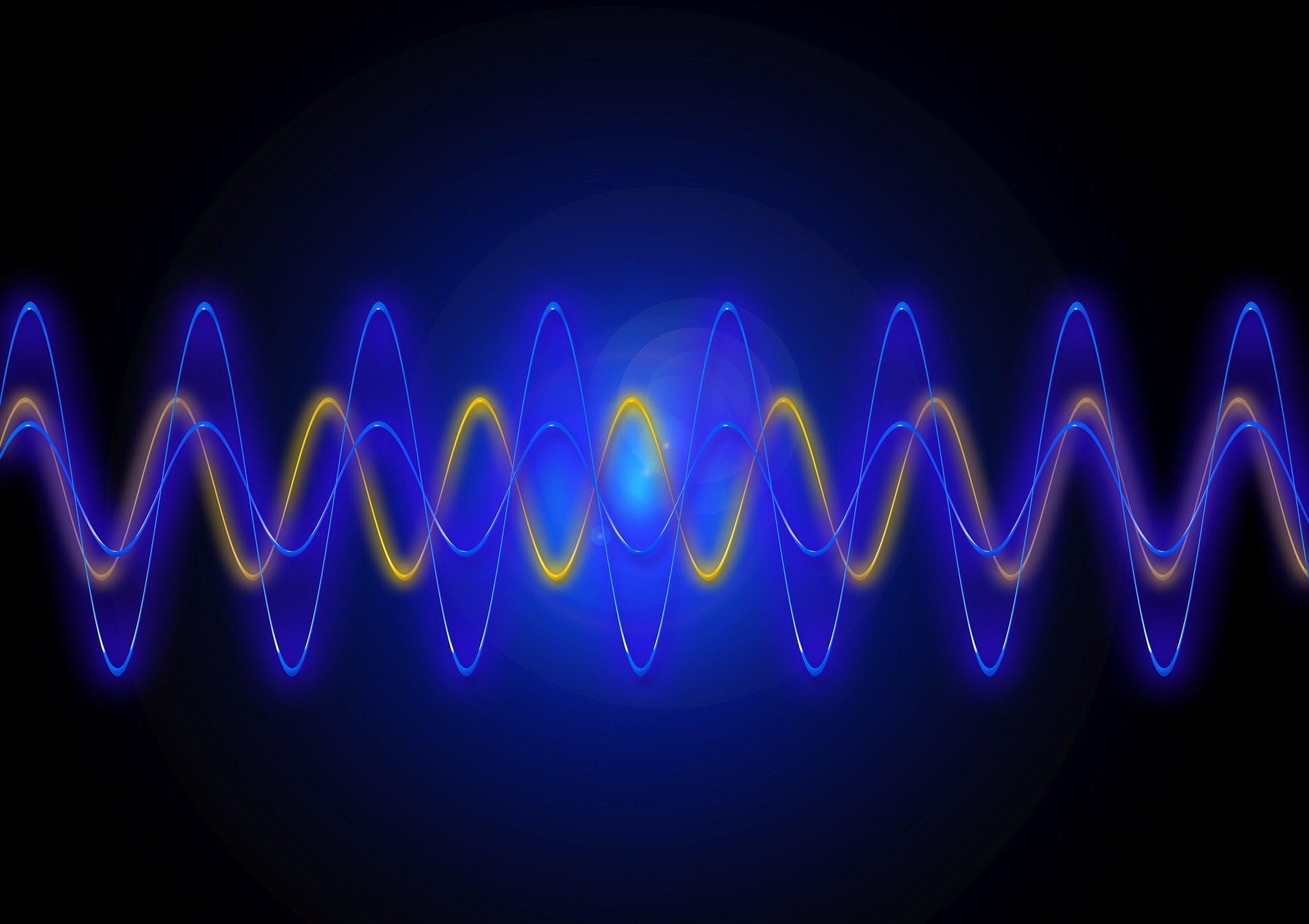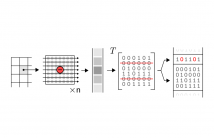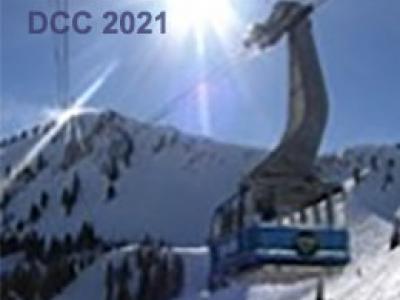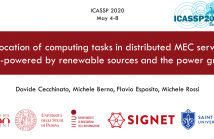
- Read more about Intelligent Intersection Coordination and Trajectory Optimization for Autonomous Vehicles
- Log in to post comments
IEEE ICAS.pdf
- Categories:
 14 Views
14 Views
- Read more about Spatial Equalization Before Reception: Reconfigurable Intelligent Surfaces for Multi-Path Mitigation
- Log in to post comments
Reconfigurable intelligent surfaces (RISs), which enable tunable anomalous reflection, have appeared as a promising method to enhance wireless systems. In this paper, we propose to use an RIS as a spatial equalizer to address the well-known multi-path fading phenomenon. By introducing some controllable paths artificially against the multi-path fading through the RIS, we can perform equalization during the transmission process instead of at the receiver, and thus all the users can share the same equalizer.
ICASSP21.pdf
- Categories:
 17 Views
17 Views
- Read more about Cooperative Scenarios For Multi-agent Reinforcement learning In Wireless Edge Caching
- Log in to post comments
Wireless edge caching is an important strategy to fulfill the demands in the next generation wireless systems. Recent studies have indicated that among a network of small base stations (SBSs), joint content placement improves the cache hit performance via reinforcement learning, since content requests are correlated across SBSs and files. In this paper, we investigate multi-agent reinforcement learning (MARL), and identify four scenarios for cooperation.
- Categories:
 40 Views
40 Views
- Read more about Neural Networks Optimally Compress the Sawbridge
- Log in to post comments
- Categories:
 11 Views
11 Views
- Read more about ndzip: A High-Throughput Parallel Lossless Compressor for Scientific Data
- Log in to post comments
Exchanging large amounts of floating-point data is common in distributed scientific computing applications. Data compression, when fast enough, can speed up such workloads by reducing the time spent waiting for data transfers. We propose ndzip, a high-throughput, lossless compression algorithm for multi-dimensional univariate regular grids of single- and double-precision floating point data.
- Categories:
 113 Views
113 Views
- Read more about Near-lossless Compression for Sparse Source Using Convolutional Low Density Generator Matrix Codes
- Log in to post comments
In this paper, we present a new coding approach to near-lossless compression for binary sparse sources by using a special class of low density generator matrix (LDGM) codes. On the theoretical side, we proved that such a class of block LDGM codes are universal in the sense that any source with an entropy less than the coding rate can be compressed and reconstructed with an arbitrarily low bit-error rate (BER). On the practical side, we employ spatially coupled LDGM codes to reduce the complexity of reconstruction by implementing an iterative sliding window decoding algorithm.
- Categories:
 56 Views
56 Views
- Read more about Q-GADMM: Quantized Group ADMM for Communication Efficient Decentralized Machine Learning
- Log in to post comments
In this paper, we propose a communication-efficient decentralized machine learning (ML) algorithm, coined quantized group ADMM (Q-GADMM). Every worker in Q-GADMM communicates only with two neighbors, and updates its model via the group alternating direct method of multiplier (GADMM), thereby ensuring fast convergence while reducing the number of communication rounds. Furthermore, each worker quantizes its model updates before transmissions, thereby decreasing the communication payload sizes.
- Categories:
 22 Views
22 Views
- Read more about Sparse Beamspace Equalization for Massive MU-MIMO mmWave Systems
- Log in to post comments
- Categories:
 16 Views
16 Views
- Read more about Allocation of Computing Tasks in Distributed MEC Servers Co-Powered by Renewable Sources and the Power Grid
- Log in to post comments
- Categories:
 12 Views
12 Views
- Read more about ON THROUGHPUT OF MILLIMETER WAVE MIMO SYSTEMS WITH LOW RESOLUTION ADCS
- Log in to post comments
Use of low resolution analog to digital converters (ADCs) is an effective way to reduce the high power consumption of millimeter wave (mmWave) receivers. In this paper, a receiver with low resolution ADCs based on adaptive thresholds is considered in downlink mmWave communications in which the channel state information is not known a-priori and acquired through channel estimation. A performance comparison of low-complexity algorithms for power and ADC allocation among transmit and receive terminals, respectively, is provided.
- Categories:
 18 Views
18 Views